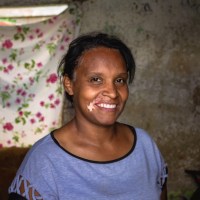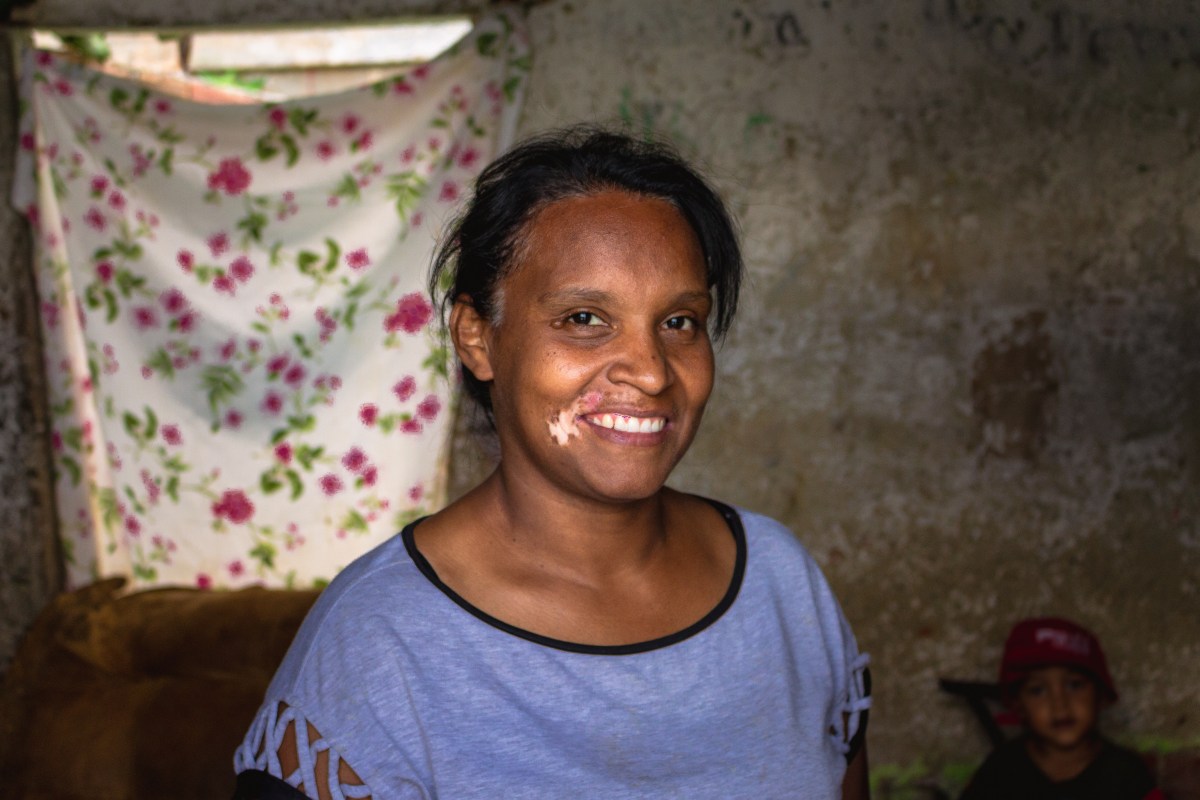“After the roof is repaired, you can repair everything else,”Isabel* explains, “because then, it won’t get wet.” Isabel speaks from experience. Her roof has been in a state of disrepair for almost as long as she can remember. During recent heavy rains, everything in her home–all her appliances, her products and tools for the portable beauty salon she runs, even her sleeping children–got wet. Isabel lives in the homegrown settlements scaling the mountainside of Venezuela’s Capital District.
You’ve been standing with this community for a while by investing in entrepreneurs so they can start small businesses and supporting an infrastructure project where community members receive training on how to repair their own roofs and the materials to do so. Before we started working here, the community leaders stipulated that any project we implemented empower community members instead of creating a dependency.
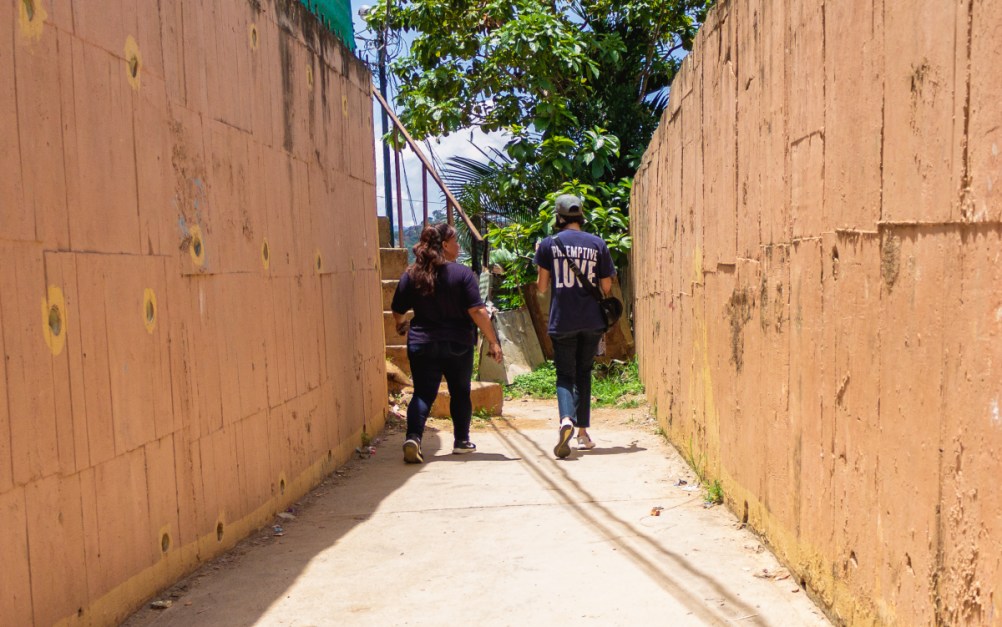
This project facilitates home roof repairs in three phases, with 13 houses being serviced per phase. The entire community is vulnerable, so deciding which homes to support and in what order without creating new tension among community members was challenging. Instead of selecting participants ourselves, we performed a needs assessment with community leaders and had the community leaders determine whose house would be repaired and in what order. The needs assessment considered the number of children and grandchildren living in the house, the household income per month, the number of women in the household, if household members had a disability or serious health condition, if there were older adults living in the home, how many people shared the house, and the house’s overall condition and size.
Meet Phase 2 Participants
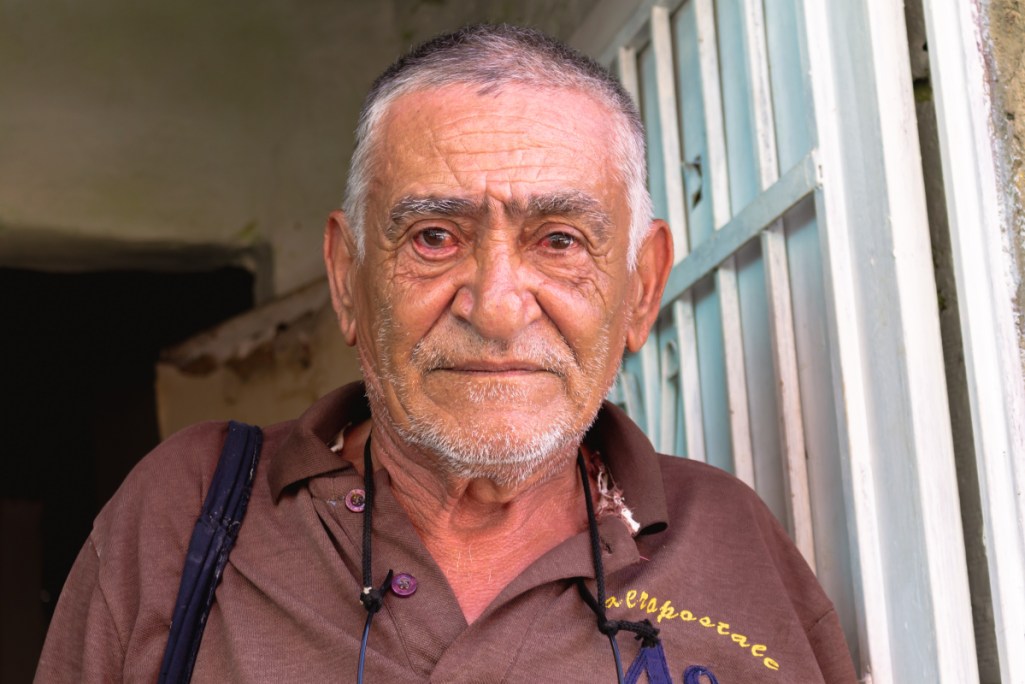
Senor Felix*
The sign on the wall next to Senor Felix’s door is his life motto: “Nunca dejes de confiar en Dios,” or “Never stop trusting in God.” He is 69 and doesn’t have a job. An electrician by trade, Senor Felix’s monthly income is $4. Four dollars to last an entire month. Four dollars stretched so Felix and his wife can meet their daily needs. She does what she can, taking in ironing or cleaning houses when she has a chance. Food is expensive in Venezuela. A combination of hyperinflation, Venezuela’s economic collapse, and US sanctions means a family of five needs $350 to buy basic food staples for one month. Unemployment is high among older adults, and Senor Felix does not have a job.
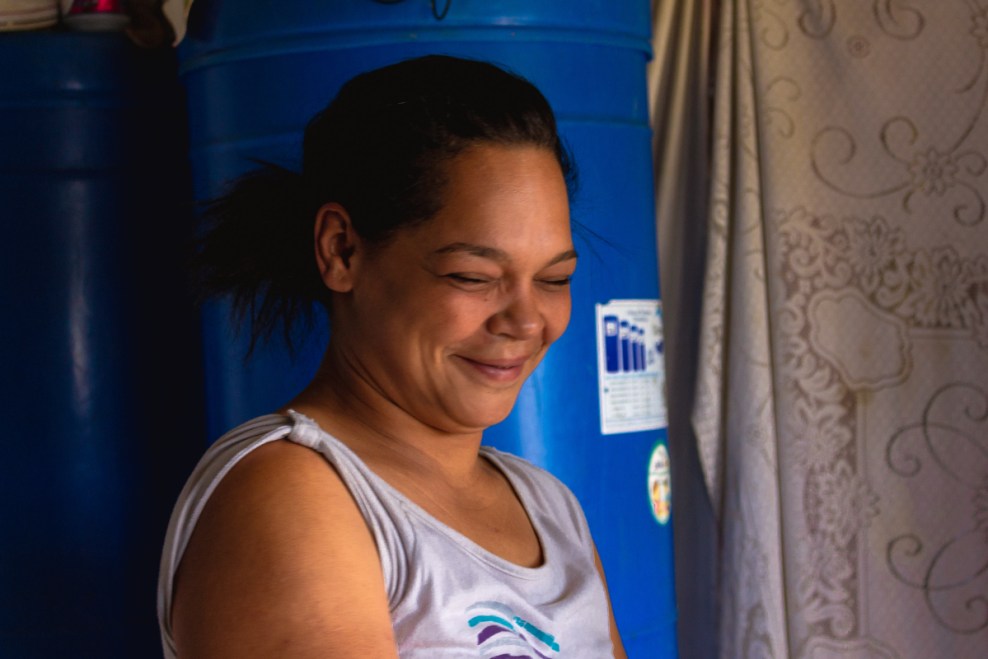
Isabel*
If Isabel looks familiar, that’s because she is an entrepreneur you’re supporting in our jobs empowerment program. After receiving her small business grant, Isabel opened a beauty salon where she travels to customers’ homes, bringing salon service to their doorsteps.
Isabel, a single mother of three, gave birth to her youngest during COVID. While she was hauling water back up a hill to her home, her water broke, and Isabel had to be rushed to the hospital. Her child was born prematurely, and Isabel had to stay in the hospital for almost a month. Isabel knows first-hand the impact having her roof repaired will make. Less mold means fewer breathing problems and healthier children.
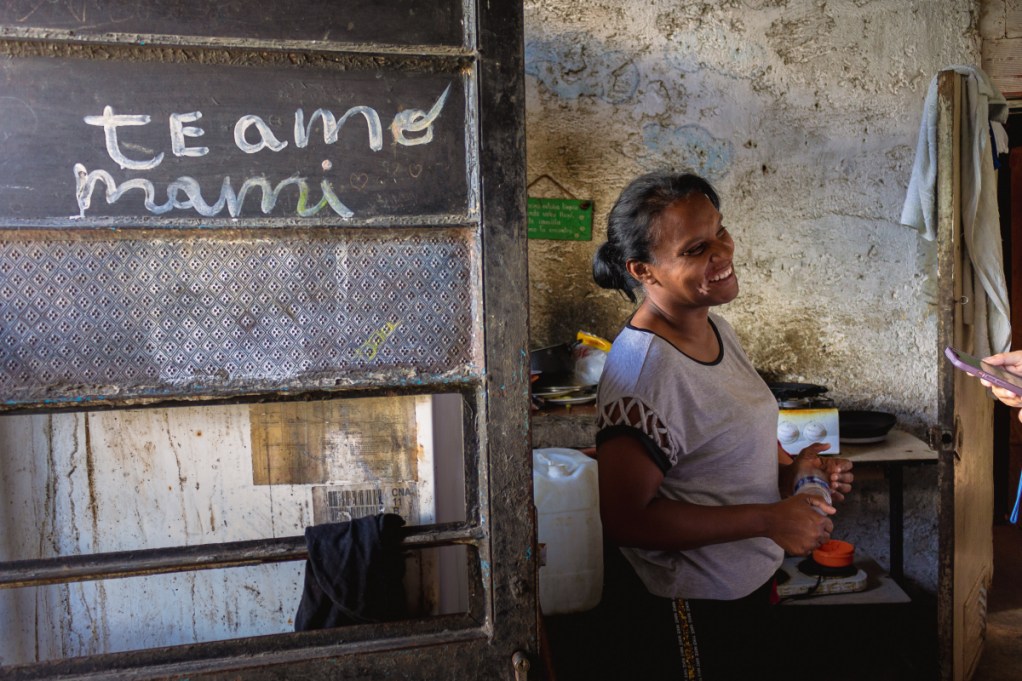
Rosa*
Rosa lives with her sister, daughter, and three grandchildren, one of whom has Down Syndrome. Since the economic crisis, Venezuela’s health care system has collapsed. Many vulnerable people have to choose between going to a doctor or eating, and they mostly choose food.
Rosa’s house is built in an area where landslides are common. It is dangerous for Rosa and her family to live there, but they do not have another place to go.
This month, our community of peacebuilders will be training the participants in phase two on how to repair their roofs and cope with infrastructure damage. In the meantime, we’ll be gathering supplies so the community has what it needs when it is time to build. We plan to start building next month.
Repairing roofs will help families in this community live more comfortably as intense heat and rain are kept out of their homes. They will be healthier as less mold will grow with less dampness. There won’t be huge cleanups because bedrooms, kitchens, and living rooms won’t get drenched in storms. Appliances, especially those powered by electricity, won’t get damaged when it rains. Thanks to your generosity, this Venezuelan community will have fewer worries.
*Not their real names.

